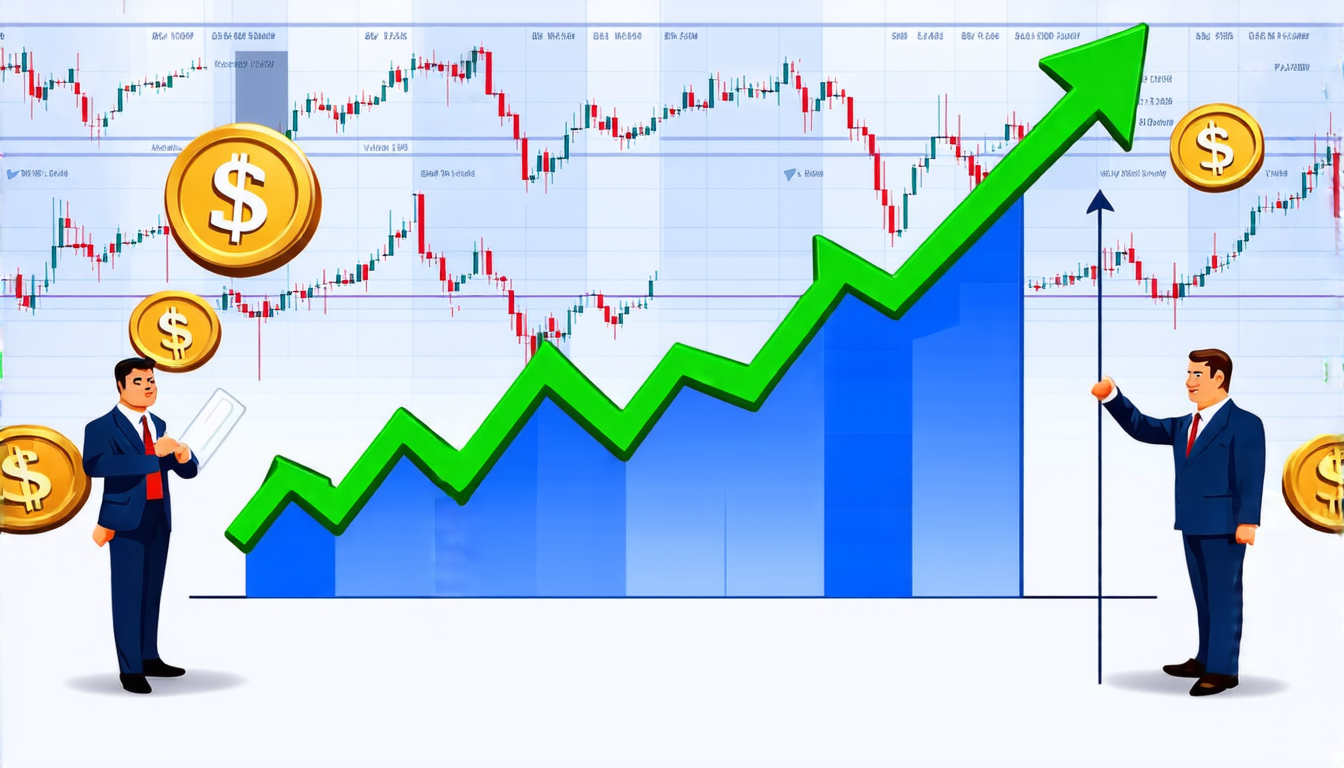Wednesday 09 April 2025
A team of researchers has made a significant breakthrough in understanding how financial markets work, specifically how traders make decisions when buying and selling securities. Their study provides new insights into the complex interactions between traders and how they respond to changing market conditions.
The researchers used a mathematical model to simulate the behavior of multiple traders interacting with each other in a market. They found that even when individual traders act rationally, the collective behavior of the group can lead to unpredictable outcomes. This is because each trader’s decision is influenced by the actions of others, creating a complex web of interactions.
One key finding was that the way traders respond to changes in market conditions can be very different from what might be expected based on traditional economic theories. For example, when a trader buys or sells a security, they may not necessarily adjust their strategy in response to changes in the market price. Instead, they may continue to follow their original plan, even if it’s no longer optimal.
The researchers also found that the introduction of new traders into the market can have a significant impact on the behavior of existing traders. When a new trader enters the market, they may bring with them new information or perspectives that can influence the decisions of others. This can lead to changes in the overall direction of the market, even if the individual traders are not making conscious decisions to do so.
The study has important implications for anyone involved in financial markets, from professional traders to individual investors. By better understanding how markets work and how traders respond to changing conditions, individuals can make more informed investment decisions and potentially avoid costly mistakes.
The researchers used a combination of mathematical modeling and computer simulations to test their theories. They found that the results were consistent across different scenarios and market conditions, providing strong evidence for their conclusions.
Overall, this study provides valuable insights into the complex world of financial markets and the decision-making processes of traders. By shedding light on these important issues, researchers can help improve our understanding of how markets work and make more accurate predictions about future trends.
Cite this article: “Unlocking Market Efficiency: A Mean-Field Game Approach to Optimal Trade Execution”, The Science Archive, 2025.
Financial Markets, Trader Behavior, Market Conditions, Decision-Making, Mathematical Modeling, Computer Simulations, Economic Theories, Irrational Behavior, Market Trends, Investment Decisions
Reference: Steven Campbell, Marcel Nutz, “Randomization in Optimal Execution Games” (2025).







